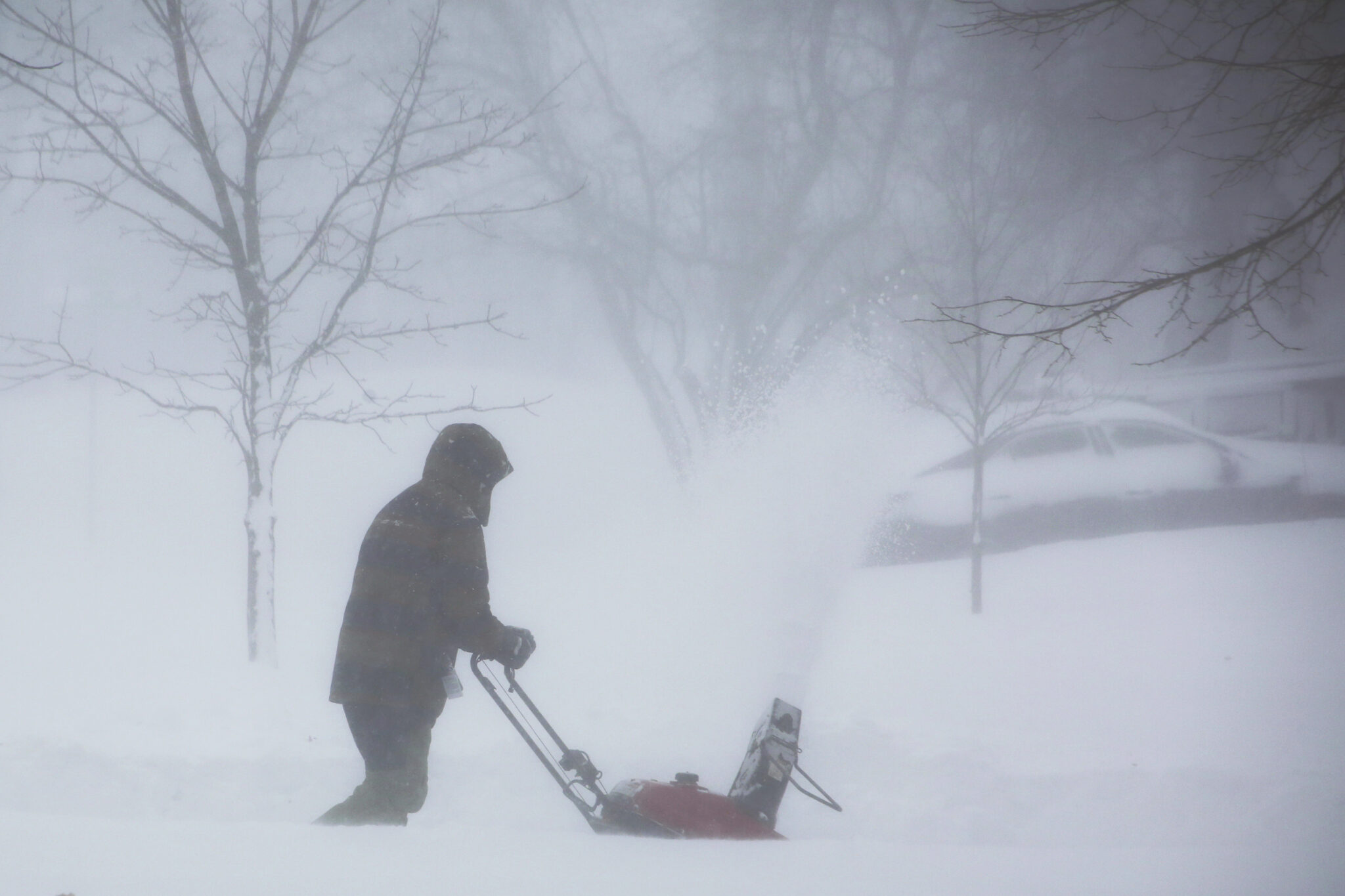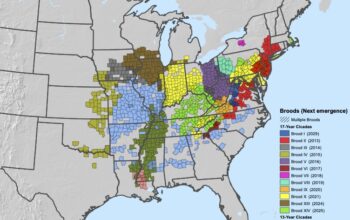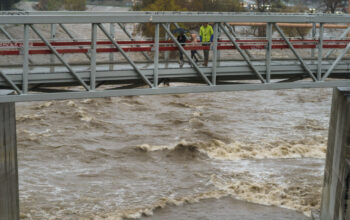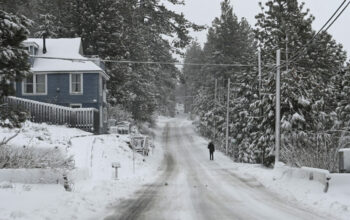Winter storms have claimed the lives of at least 72 people across the United States in the week-and-a-half-long duration of the extreme weather conditions. Emergency services have reported that many of the deaths were attributed to the large amounts of snow, ice, and rain that have battered the country since Jan. 12.
Over 57 million people have been placed under winter weather alerts on Monday, as heavy snow, freezing rain, and sleet systems continue to sweep through the Midwest and South regions. The states of eastern Oklahoma, Missouri, Illinois, and Arkansas have been particularly hard hit.
Meteorologists have warned that the freezing rain is expected to continue falling across the central Plains and the southern Great Lakes regions on Tuesday. This could lead to further periods of rain and snow before the weather starts to improve, and these conditions are expected to move northwards towards Canada.
Another round of dangerous winter weather conditions is predicted to return to the central Plains and the Great Lakes regions by Wednesday. This could result in more extreme weather, with freezing rain and snow predicted to hit the area, potentially causing more fatalities and road closures.
Tennessee has been one of the hardest-hit states, with at least 27 people who have lost their lives directly attributed to the winter conditions. The extreme weather has forced the closure of public schools in both Nashville and Memphis, due to slippery and unsafe road conditions. Officials in Tennessee have urged residents to stay safe and off the roads where possible.
The ongoing winter storms have demanded the attention of emergency services throughout the United States, with reports of power outages, road closures, and travel delays. People have been advised to stay indoors until the weather improves. The extreme weather systems have raised concerns about the effect of climate change and ongoing global warming, as experts warn that the world is increasingly likely to see more extreme weather conditions in the future.

















